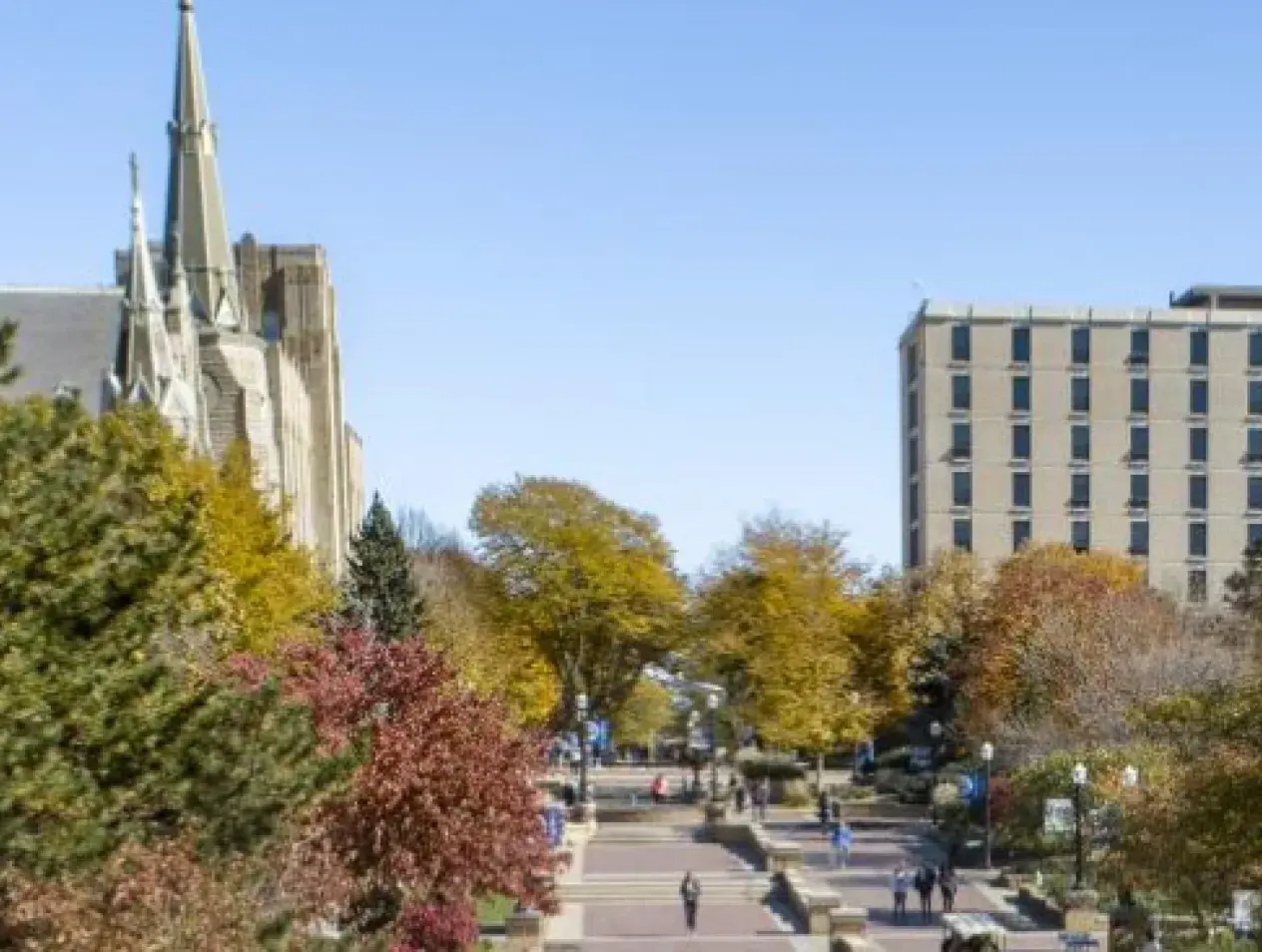
Global Surgery Fellowship General Info
About the Program
The Global Surgery Fellowship is 12 months and is not an American College of Graduate Medical Education (ACGME) approved fellowship, but categorized under "additional training."
6 Months: Omaha, Nebraska
Possible clinical rotations:
- Extensive Cadaver Laboratory
- Pediatric Anesthesia
- Neonatal Intensive Care
- Ultrasound & Simulation
- Obstetrics and Gynecology
- Dentistry/Oromaxillofacial Surgery
- Adult Anesthesia
- Orthopedics
- Urology
- SIGN Nail Conference
During the first 6 months, the fellow will be in Omaha focusing on medical care and surgeries not taught in a typical general surgery residency;however, necessary in low-resource settings. The rotations and their length will be tailored to the fellow’s previous experience and the needs of the international fellowship site. If a burn rotation is necessary, it will be conducted at the Maricopa County Burn Center in Phoenix, AZ.
6 Months: First-level hospital at international site
The location will be chosen carefully to assure safety, adequate surgical volume, local training, an opportunity to complete a local capacity building project and a good start for the fellow’s career pathway.
Years After
At completion of the fellowship, the fellow will be assisted in finding employment that will allow them to continue their global surgery quest.
Salary and Benefits
Fellows will receive compensation equivalent to a House Staff PGY 6 salary.
See complete salary and benefit information at Graduate Medical Education.




